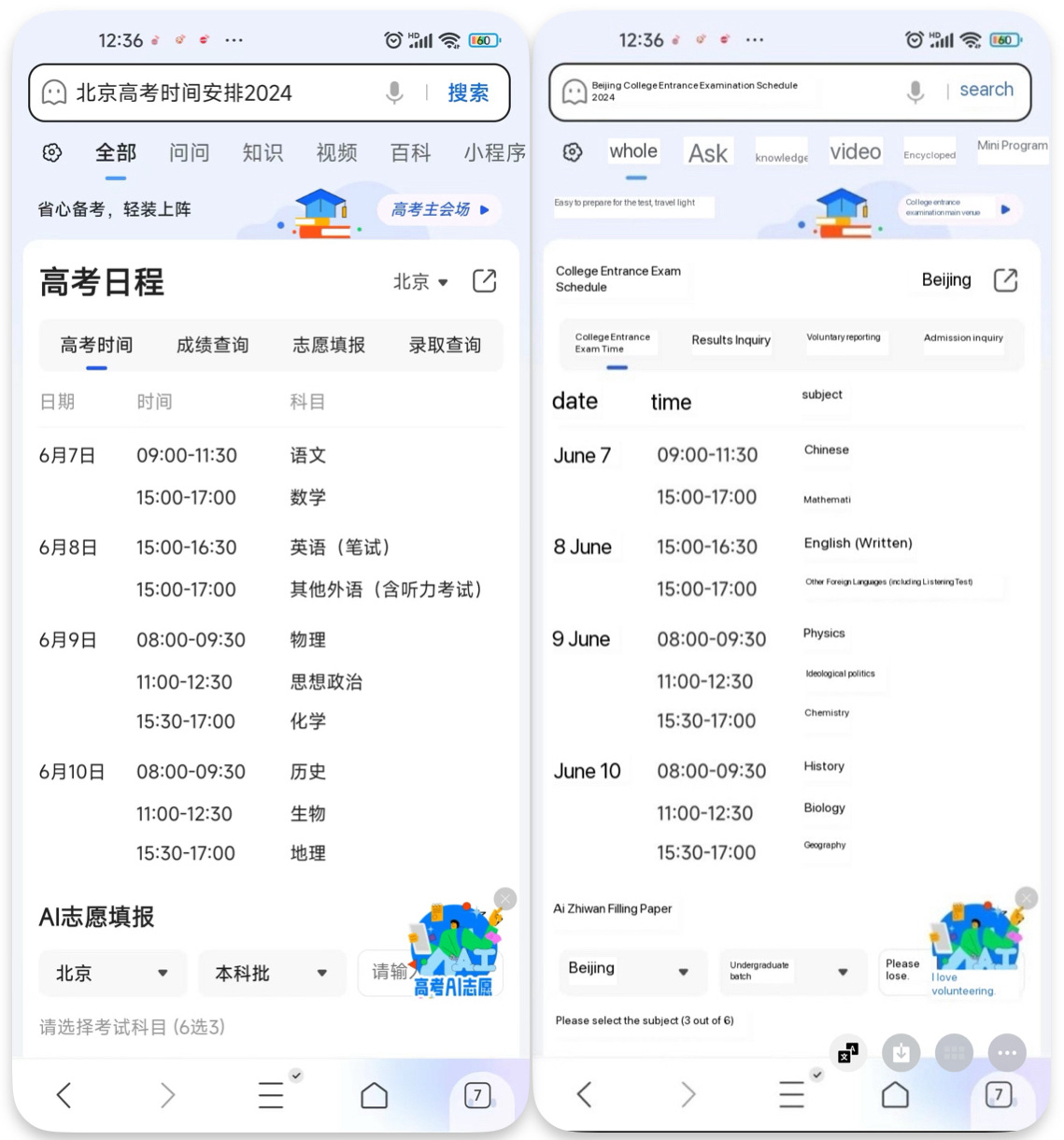This weekend is DuanWu Jie, or Dragon Boat Festival, similar to the day that is commemorated in September in the West. However, here in China, the day only receives a token amount of appreciation and a bit of traditional deference. It’s almost a wonder why it is even celebrated other than as a distraction from other events and, possibly, because it’s the last traditional holiday between June and September when the Mid-Autumn Festival hits. So what goes on for Dragon Boat?
Not much.
Other than eating zongzi, or rice dumplings, the activities around Dragon Boat Festival are rather muted. Even Starbucks offers their version of stick rice dumplings, but, instead of sticky rice they use some sort of gelatinous material on the outside and some sort of goo on the inside. I don’t know where they could possibly have gotten this idea from and it makes me want to gag every time I try one. If you are going to eat rice dumplings, go traditional.
And where are all the boat races and other festive activities that would mark the occasion in the West?
Good luck finding them. Often, the schedules for events aren’t published until days before things are set to happen. This seems odd as one would think that these activities, especially the boat crews, would either need time to prepare or at the very least, in their year-round participation of such races, would be able to give some sort of indication as to when things might kick off.
But that doesn’t happen.
It actually seems like the Dragon Boat Festival is more of a distraction, as it often happens alongside a few other more important events.
First among them, June 4th is a day the West won’t let China forget and you’ll only hear hushed whispers about here in the Mainland.
Next, the second week of June is often when the GaoKao is written, that is, the Chinese university entrance examination. And this is something that parents won’t even joke about, quite possibly because they remember what happened when they were going to university.
Next, June 18th, or 618, has become a big shopping day put in by JingDong, the main competitor to Alibaba’s Taobao online shopping platform. Others such as Douyin/TikTok, Pinduoduo, or Temu haven’t started their own shopping days in the Mainland just yet.)
So, despite the constant reminder that China has 5,000 years of history and that Dragon Boat Festival is some sort of occasion to commemorate, it is really is a token effort rather than anything serious.
Further, although the holiday follows the normal procedure of shifting work days and make up work days, it’s not ideal timing for taking an extended trip anywhere.
Now you might be wondering what Dragon actually commemorates.
From Wikipedia:
The story best known in modern China holds that the festival commemorates the death of the poet and minister Qu Yuan (c. 340–278 BC) of the ancient state of Chu during the Warring States period of the Zhou dynasty. A cadet member of the Chu royal house, Qu served in high offices. However, when the king decided to ally with the increasingly powerful state of Qin, Qu was banished for opposing the alliance and even accused of treason. During his exile, Qu Yuan wrote a great deal of poetry. Eventually, Qin captured Ying, the Chu capital. In despair, Qu Yuan committed suicide by drowning himself in the Miluo River.
It is said that the local people, who admired him, raced out in their boats to save him, or at least retrieve his body. This is said to have been the origin of dragon boat races. When his body could not be found, they dropped balls of sticky rice into the river so that the fish would eat them instead of Qu Yuan's body. This is said to be the origin of zongzi.
That’s the story they use. Though Wikipedia also mentions Wu Zixu and Cao E, both of whom are never mentioned in the Mainland for whatever reason, possibly just to keep things simplified. The big thing, however, is to eat zongzi, that’s all the kids talk about. And focus on the GaoKao, never mind the other things going on.
This is the last official holiday for the next few months as the school year comes to a close and the weather becomes horribly hot and humid.
So, what will we do? Sit around, enjoy the quiet, and try to stay cool. Chinese workers receive 3x salary on June 10th if they work (mostly service staff), the rest of us have a day off.
In other news, I’m planning another jaunt back to Canada this summer. I can’t believe it’s been a year already. Tickets haven’t really gotten any cheaper, with Air Canada still not flying a direct route between Beijing and Vancouver. If I take Air Canada, a round trip will cost about $3500 CAD, while if I book through a discount site, I can get them as low as $2300 but will have to go through Amsterdam and stay over. The question becomes, do you spend the money on a ticket or on a stopover?
Next, although I completely missed my month-long video challenges, I have been putting substantial time and effort into my language vlog, not just producing videos and publishing, but also taking several language classes. I’m in the midst of studying Cantonese, Traditional Chinese characters, and some Russian (taught by a Kyrgyzstani teacher), so things have been busy. Given my trip to Canada, I’ll take some time off from languages and resume them later in the summer. Things are progressing and one thing I will post to my language vlog channel will be a look back at how my Chinese has changed over time. Should be interesting to see and hear.
I’ll leave it there for this week. Thanks for reading and I hope things are going well for you. Let me know if there’s anything I can clarify, add, or consider.
Thanks again,
Steve




